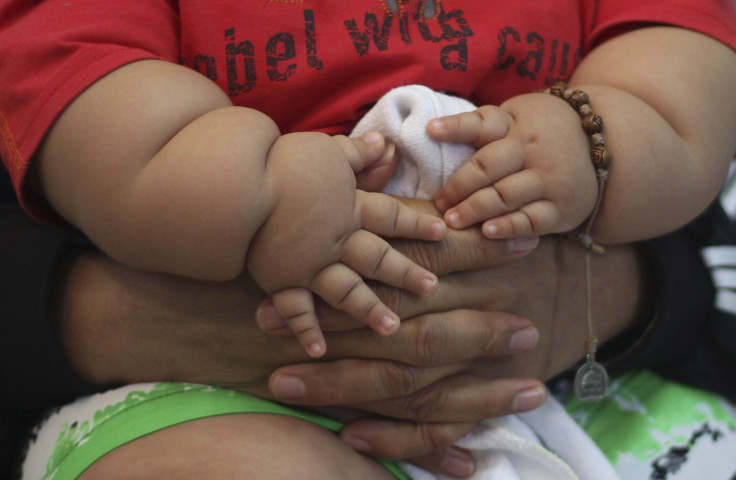Poor children are three times more likely to be obese

Poorer children are nearly three times more likely to be obese than their better-off peers. Researchers from University College London and London School of Economics warn that poorer children practise worse health behaviours that contribute to this result.
Published online in The European Journal of Public Health on Dec. 11, the study tracked down 20,000 families across the UK. The researchers observed five-year-olds and followed up on them when the children reached the age of 11. The researchers noticed that 6.6 percent of the children from the poorest families were obese while only 3.5 percent of the children from the richest families were overweight.
The team studied environmental factors such as smoking during pregnancy, length of breastfeeding and the age of the infant when solid food was introduced. Engaging in sports or exercise, active play with a parent, and hours spent watching TV or playing computer games and children’s bedtime were also compared.
At age five, poor children were almost twice as likely to be obese than their richer peers. When they reached 11 years, 7.9 percent of the poorest children were obese, almost thrice as much as the 2.9 percent richest obese children. Researchers said that unhealthy lifestyle practices could present 20 percent risk of obesity.
"The structural causes of socioeconomic inequalities have to be addressed along with tackling 'inherited' obesity via lifestyle factors that tend to go with lower incomes,” senior author Yvonne Kelly explained. “Early intervention with parents clearly has huge potential. And evidence from our work suggests that this should start before birth or even conception."
Well-off children engage in healthier activities such as playing sports more than three times a week, going to bed earlier and consuming fruits. The World Health Organisation estimated that 42 million children were overweight or obese in 2013. The organisation stressed that childhood obesity could bring serious health complications and premature onset of diabetes and heart disease. However, exclusive breastfeeding until infants reach the age of six months can help prevent children from becoming overweight or obese.
Contact the writer at feedback@ibtimes.com.au or tell us what you think below.





















